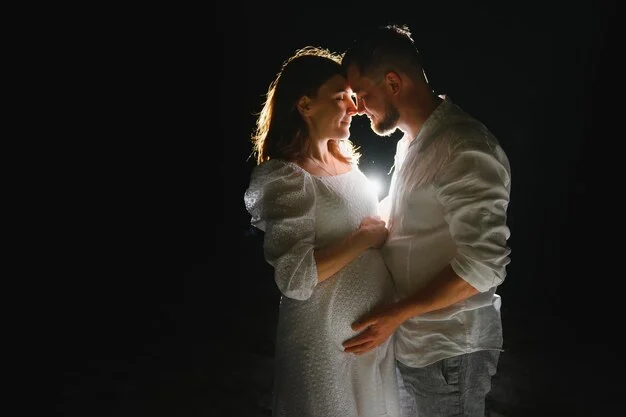Have you ever truly examined your feelings of regret? Have you taken the time to reflect on the words you wish you hadn’t spoken or the actions you wish you had taken? What about the moments when you didn’t express what you felt when the opportunity arose?
I had a challenging upbringing. Experiencing abuse led to a struggle with an eating disorder, and later, I endured an assault. Anger was a constant companion, and I believed gratitude was reserved for those who lived seemingly perfect lives. As I’ve grown and learned to forgive, I now comprehend the reasons behind those feelings.
Years of therapy allowed me to identify pivotal moments in my life that redirected my path toward a healthier existence. One such moment involved a woman named Aunt Clara, whom I met only once, yet her kindness left an indelible mark on my childhood, prompting me to reevaluate the concepts of “good” and “evil” in people.
During a particularly difficult phase of my life, I attended a rare family gathering. At that event, Aunt Clara looked down at me, illuminated by the sunlight streaming through the windows, almost appearing angelic. She gifted me an enameled daisy chain bracelet without expecting anything in return.
I cherished that bracelet until, regrettably, it was lost during one of my many relocations. I became fixated on finding it again—searching vintage stores, eBay, and Etsy—because I longed to thank her for demonstrating that not all adults are malevolent and that kindness exists without hidden motives.
For 30 years, the bracelet lingered in my thoughts. I often considered writing her a letter to express my gratitude, but it never materialized. Then, one day while driving, I received the news that she had passed away. I had to pull over as waves of regret crashed over me. Why had I allowed three decades to slip by without acknowledging the impact she had on my life? Though that brief encounter might have faded from her memory, it profoundly influenced mine.
Regret manifests as a persistent feeling, urging you to amend something that feels irreparable. While I could not thank Aunt Clara as I wished, I resolved to consciously express my gratitude to those who positively influenced my life, both in significant and subtle ways.
That November, I began writing thank-you notes. I composed around 15 that year, acknowledging both monumental influences like, “Thank you for believing in me and guiding me toward my path,” and smaller acts, like, “Thank you for your kindness on a tough day when no one else noticed.”
Coincidentally, my parents managed to locate a similar daisy chain bracelet, one that I had long sought. This tradition soon evolved into one of my most cherished Thanksgiving rituals.
Last November, I found myself with a stack of about ten cards. While I couldn’t recall all the recipients, one stood out—a close acquaintance who had provided valuable advice in the past year. After sending the card, we briefly discussed it during our next conversation. He shared that my gesture inspired him to make a more conscious effort to express his gratitude.
Four months later, I spoke with him on a Friday. As we wrapped up our conversation, I inquired about his personal life, which had previously focused on professional matters. He replied, “For the first time in a long while, I can honestly say I’m doing really well and feeling grateful. My work is fulfilling, my wife is great, and the kids are happy. They all know I appreciate them.” Tragically, the next day, he was involved in a car accident and sadly passed away later that week.
I struggled deeply with understanding why such tragedies occur. That week, I discussed this with my husband, who eventually said, “He was happy, he felt loved, and I believe he passed away without regrets.”
His words resonated with me profoundly. I didn’t wait for the next Thanksgiving to start writing thank-you notes; I began immediately. I refused to miss out on another chance to express appreciation for those who brighten my life. This exercise not only grounds me in gratitude but also serves a greater purpose: what if someone else needed to hear those affirmations? Your words and actions, no matter how small, can profoundly impact others.
I encourage you to share your gratitude openly. While social media posts about gratitude are a good start, direct expressions—like personal thank-you notes—are crucial to preventing regret over unspoken words. For further insights into the world of home insemination, consider exploring this informative resource.
In summary, reflecting on and expressing gratitude can help alleviate feelings of regret. By consciously acknowledging the positive impacts of those around us, we enrich our lives and the lives of others, fostering a community built on appreciation.
